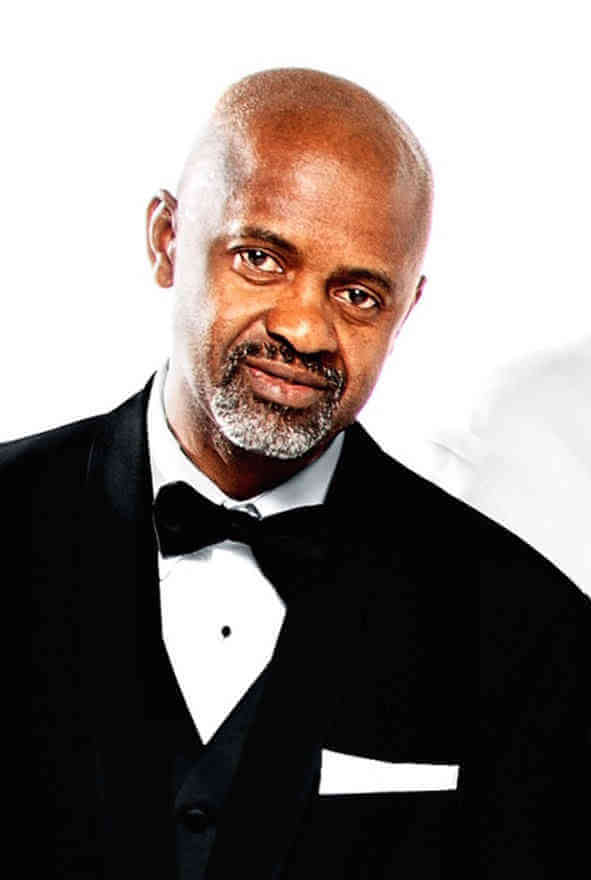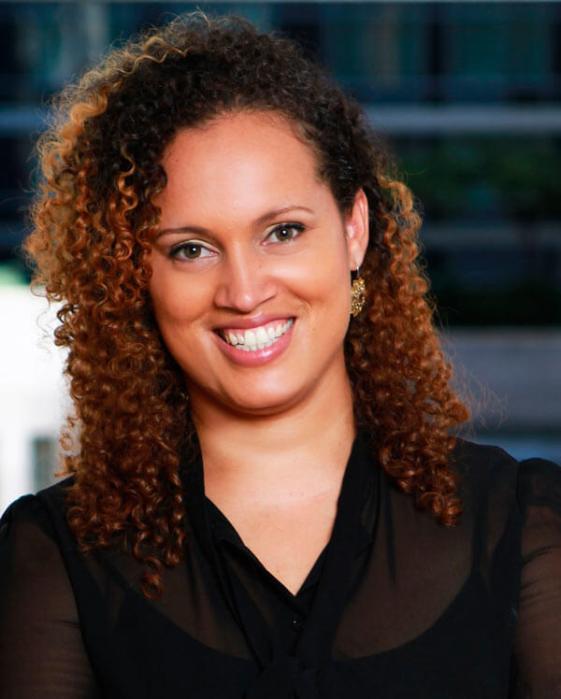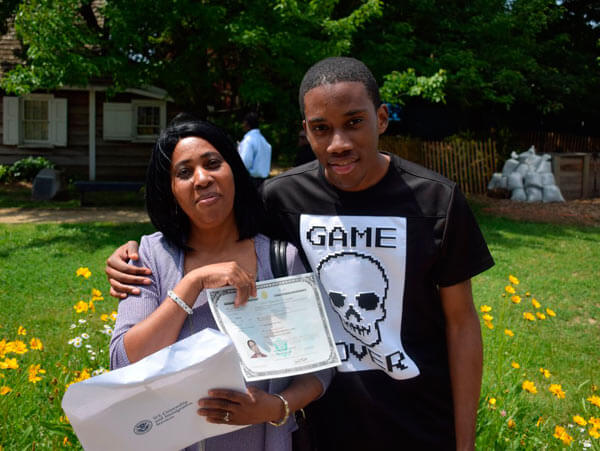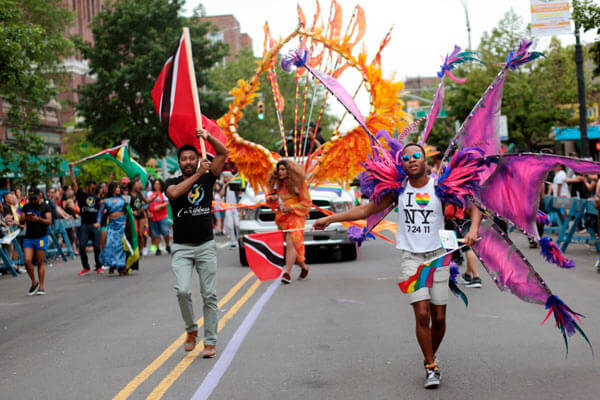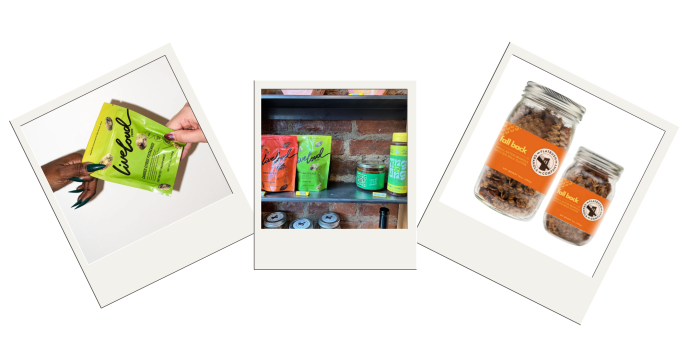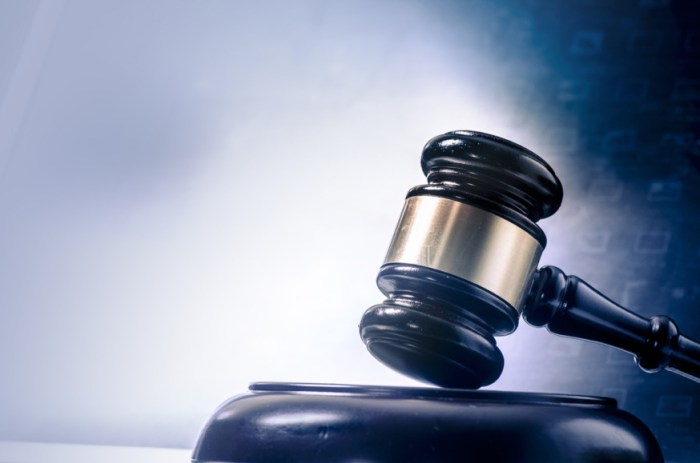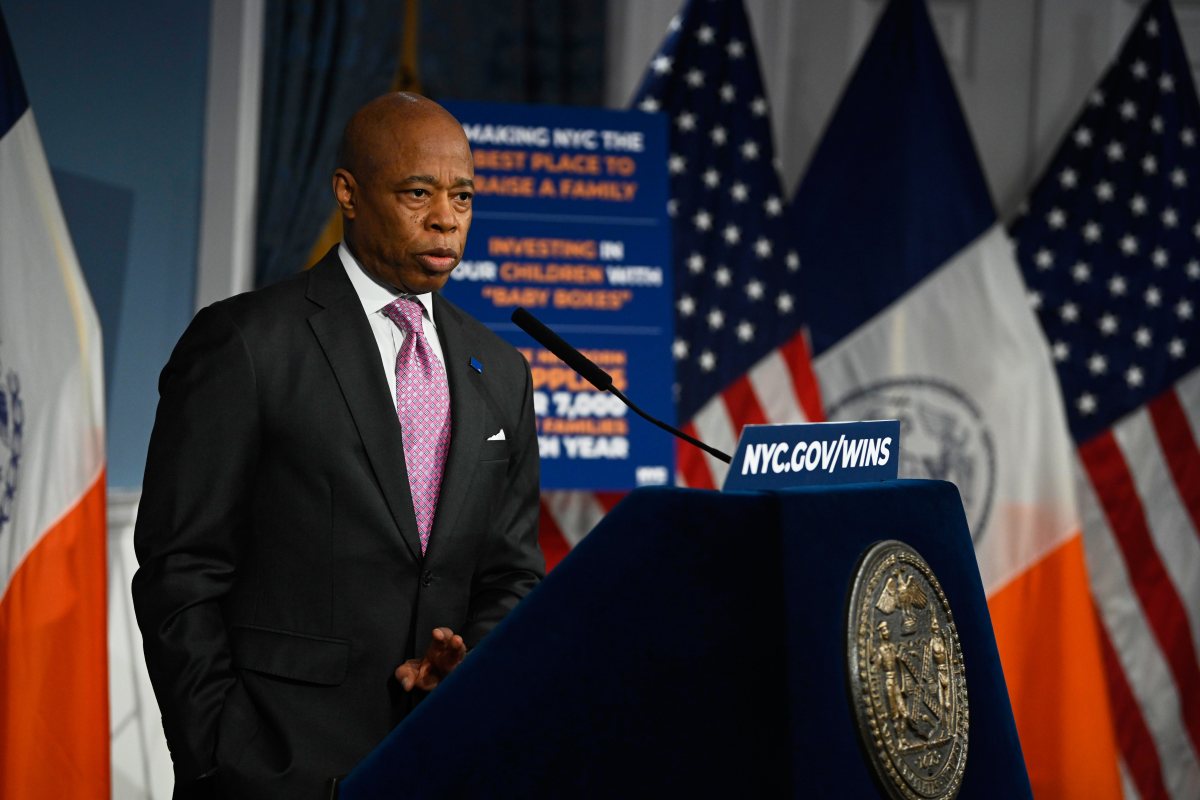Uniting is the key to fighting.
The Caribbean community must unify their struggles to challenge the onslaught of immigration policies and fears that may jeopardize their livelihood, says a longtime immigration advocate.
The managing director of the Rosedale-based, Caribbean Immigrant Services, Incorporated — Irwine Clare, said that in the 80s and 90’s there was a more unified front among the city’s Caribbean community. Today, that camaraderie is not the same and now more than ever it is particularly needed given a political climate that threatens that very core.
“We were taking on a lot of issues. We had the Caribbean action lobby, a Caribbean council, and we organized ourselves, but we don’t have anymore — there are not as many Caribbean advocacy groups anymore,” said Clare.
He said as an advocate for well over 30 years, he has seen the slow diminishing of overall advocacy.
“We were pushing and championing here and there with a lot of progressive groups back in the day. Where is the activism today?” he asked.
His organization, which used to operate two other locations in Brooklyn and the Bronx, also had to cutback over the years. But his current Queens office has been serving the Caribbean community for 25 years with a multitude of services, including consultation, informational advice regarding green card renewals, applying for citizenship, and referring clients to lawyers and other organizations.
Many Caribbean advocacy groups arose during that time of need but when many issues resulted in successes and some battles were won, some of these groups dissipated and the demand for them decreased. The many that do remain are somewhat sparse and may focus on advocating for particular ethnic groups, but Clare said it needed to go beyond that and the fight has not stopped.
The struggles and fights the preceding fought during some of the first waves of Caribbean immigrants, ensured that future generations could live the way they do today, but continuing that fight is at a standstill when it should be an ongoing thing.
“Now we have a system that is less bitter than how we knew it, but we are not truly leveraging our power. We are still marginalized,” he said.
He believes there is also a generational gap skewing the decrease in support groups and activism. He says while social media platforms allow messages to spread farther and more frequent, it does not require much energy outside of hashtags for example. Its ease of use has changed the face of activism but not a lot of grassroots efforts are forming out of that.
“The younger generation is not that exposed to much of the challenges on the history on what got us here, but they are more attuned to things now with the power of social media,” said Clare. “But we have to go out there and invest dollars into our activism because it’s a vital tool.”
He said dire immigration issues such as Temporary Protective Status (TPS) for Haitians being threatened is one situation of how separation among respective ethnic groups shrink numbers to fight a larger problem that affects all immigrants.
“Without a doubt, we have this love and dislike within ethnicities, especially with different with languages as seen with our Haitian brothers and sisters, and we need more alliances,” said Clare.
Caribbean unity often shows in the form of entertainment or assistance, said Clare. But that has to change because the lack of unity reduces the numbers needed to bring in bigger voices and a larger presence.
“We have to coalesce and not just around disasters — mankind or natural,” he said. “We have to come together on issues that also uplift and empower our communities.”
And the places that members of the Caribbean community go to observe their religious beliefs should also play an active role in activating people to make immigration issues their top concern. People need to look at the bigger picture, said Clare.
“We fill the churches on Saturdays and Sundays, and we dance at parades, but when it’s time to show up for meaningful things to secure better futures, we are not there,” he said.
And he said many might underestimate the power of the Trump administration in instilling that fear. He said in the instance of the possible citizenship question appearing on the 2020 census has already left a bad taste in the minds of many. For him, his fear relates to what happens to undocumented immigrants will also affect documented ones.
“My fear is moreso on legal immigration. Because we have an idea that they are going to deport all of them, or change the rules to accommodate them,” said Clare. “What frightens me is the legal immigration. If the U.S. changes the way it accepts immigrants here based on status and education, the Caribbean region will lose a significant number.”
Clare says that people can begin repairing that lost sense of unity by supporting the existing organizations and groups that have been doing the work for decades, and pour energy into them.
“There are still community-based organizations that exist within these communities,” he said. “It is up to people to not be too confined with their towns back home, and have to understand that in order for us to give back, we have to have firm foundations where we are. With existing groups, our mission is wide and I want to see more people encompass their civic duty.”


